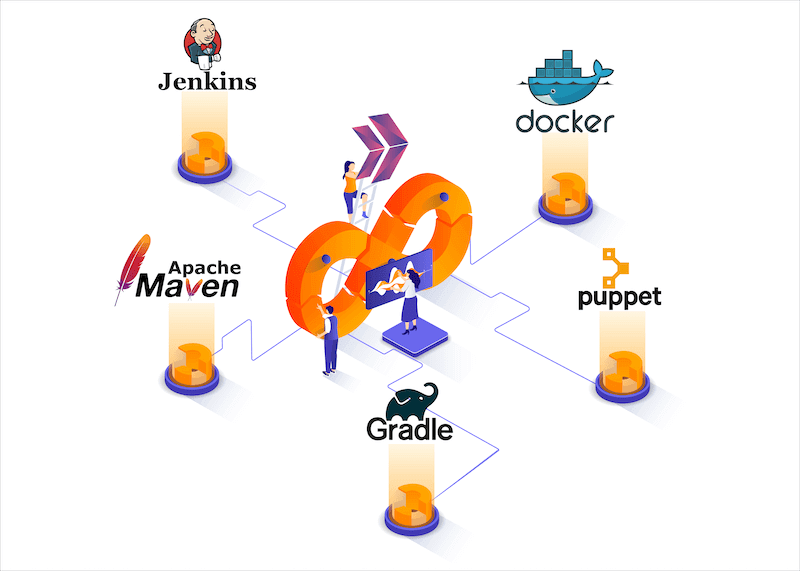
DevOps is a software development and deployment process. It emphasizes collaboration and communication between product management, software development and operations specialists, and ensures that the processes are coordinated in the best possible way. I have compiled the best DevOps software that can be used between the parties in these processes.
More details about DevOps: https://devopstipstricks.com/what-is-devops-for-beginners/
Below are the best DevOps tools, including their features and the latest download links.
PS: All the apps mentioned here have very different features and are all really excellent. There are free apps, demo versions and paid apps. The one you prefer or the one you think will work for you can be free or paid. It is important to remember that in the IT world it may be necessary to leave economic values behind to do what is best.
This article highlights the most prominent features of the tools mentioned. There are many more features of the tools that are not mentioned.
DevOps Tools
Jenkins

Jenkins is a DevOps tool for monitoring the execution of repetitive tasks. It helps integrate project changes more easily by finding issues quickly.
Features
- Increases the scale of automation
- Jenkins requires very little maintenance and has a built-in GUI tool for easy updates
- Offers 400 plugins to support the creation and testing of virtually any project
- It is a Java-based program ready to run on operating systems such as Windows-based, Mac OS X and UNIX
- Supports continuous integration and continuous delivery
- Easy to install and configure via web interface
- Can distribute tasks across multiple machines and thus increase concurrency
DataDog

Datadog is a monitoring service for cloud-scale applications that enables monitoring of servers, databases, tools and services through a SaaS-based data analytics platform
Features
- Provides an IT / DevOps team with a single view of their infrastructure (including servers, applications, metrics and other services).
- Customizable dashboards.
- Alerts based on critical issues.
- Support for more than 120 product integrations.
- Automatically collect and analyze logs, latency and error rates.
- Allows access to the API.
- Supports applications written in languages such as Java, Python, Go, Node and Ruby.
Monit

Monit is an open source DevOps tool. It is designed to manage and monitor UNIX systems. It performs automatic maintenance and repair operations in faulty situations.
Features
- Executes meaningful causal actions in error situations
- Monit helps to monitor daemon processes or similar programs running on localhost
- Helps to monitor files, directories and file systems on localhost
- Provides network connections to various servers
Selenium

Selenium is a portable software testing framework for Web applications. It has an easy interface for developing automated tests.
Features
- Free, open source tool
- Ideal for building robust, browser-based regression, automation suites and tests
- Allows to create test scripts in multiple languages such as Java, Python, C#, Ruby, Perl, Php, JavaScript
- Supports Multiplatform like IOS and Android
Vagrant

Vagrant enables to create and manage virtual machine environments in a single workflow. It offers an easy-to-use workflow environment and focuses on automation. Vagrant development environment reduces setup time and increases production parity.
Features
- Integrates with existing configuration management tools such as Vagrant, Chef, Puppet, Ansible and Salt
- Vagrant works seamlessly on Mac, Linux and Windows operating systems
- Helps DevOps team to have an ideal development environment
PagerDuty

PagerDuty is a DevOps tool that helps businesses improve their brand reputation. It is an incident management solution that supports continuous delivery strategy. It also enables DevOps teams to deliver high-performance applications.
Features
- Reliable and rich alerting mechanism that provides real-time alerts
- Activity grouping and enrichment
- Gains visibility into systems and applications
- You can easily identify and solve events from development to production
- Offers real-time collaboration system and user reporting
- Supports platform extensibility
- Provides timing and automatic escalations
- Full stack visibility in development and production environments
- Provides incident intelligence for actionable information
Prometheus

Prometheus is a 100% open source service monitoring system. It offers support for more than ten languages.
Features
- Flexible query language for slicing collected time series data to create tables, charts and alerts
- Stores time series, timestamped value streams of the same metric and the same labeled dimension set
- Stores time series in memory and also on local disk
- Features specialized libraries that are easy to implement
- Alert manager offers notifications and mute operations
Ganglia

Ganglia DevOps tool offers teams with cluster and grid monitoring capabilities. This tool is designed for high-performance computing systems such as clusters and grids.
Features
- It is a free and open source tool
- Scalable monitoring system based on a hierarchical design
- Achieves low per-node overhead for high concurrency
- Can handle clusters with 2,000 nodes
Snort
Snort is a powerful, open source DevOps tool that helps detect intruders. It also exposes malicious attacks against the system. It allows real-time traffic analysis and packet logs.
Features
- Performs protocol analysis and content search
- Enables signature-based intrusion detection by analyzing packets
- Provides real-time traffic analysis and packet logging
- Detects buffer overflows, hidden port scans and operating system fingerprinting attempts
Splunk

Splunk is a tool that makes machine data accessible, useful and valuable for everyone. It delivers operational intelligence to DevOps teams. It helps companies be more productive, competitive and secure.
Features
- Data driver analytics with actionable insights
- Next generation monitoring and analytics solutions
- Provides a view of different IT services under a single roof
- You can expand the Splunk platform with purpose-built solutions for security purposes
Nagios
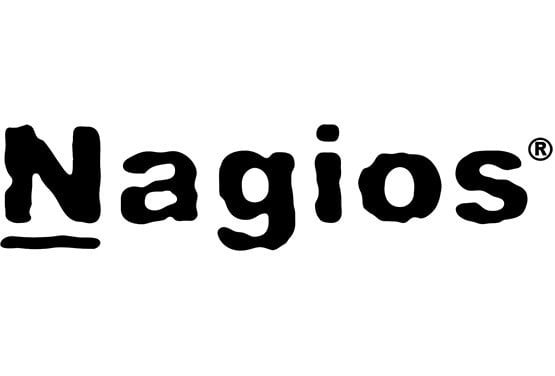
Nagios helps DevOps teams find and fix network and infrastructure issues.
Features
- Nagios XI helps monitor components such as applications, services, operating system, network protocols
- Provides complete monitoring of desktop and server operating systems
- Provides complete monitoring of Java management extensions
- Enables monitoring of critical or all infrastructure components in any operating system
- Network Analyzer helps detect bottlenecks and optimize bandwidth utilization
Chef

Chef is a useful DevOps tool to achieve speed, scale and consistency. It is a cloud-based system. It can be used to streamline complex tasks and realize automation.
Features
- Manages data centers effectively
- Can manage multiple cloud environments
- Maintains high availability
Sumo Logic

Sumo Logic helps organizations analyze and understand log data. It combines security analytics with integrated threat intelligence for advanced security analysis.
Features
- Machine data analytics service for cloud management, log management and time series measurements
- Monitor, secure and troubleshoot cloud applications and infrastructure
- Infinite scaling has elastic cloud power
- Increases business value, growth and competitive advantage
- Single platform for continuous real-time integration
OverOps
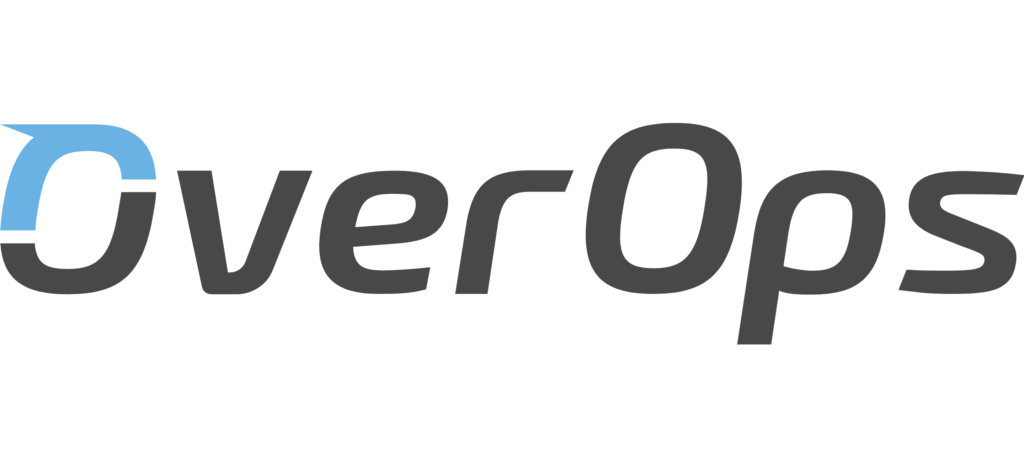
OverOps is a DevOps tool that shows the root cause of the error and provides information about the server crash. It quickly determines when and why code crashes at runtime.
Features
- Detects production code breaks and forwards source code
- Increases staff productivity by reducing source code elimination time
- Provides the complete source code and its variant to fix any bugs
- Proactively detect when deployment process failures are encountered
- Helps the DevOps team spend more time delivering great features
Consul
The Consul DevOps tool is widely used to discover and configure services in any infrastructure. It is an excellent tool for modern, elastic infrastructures as it is useful for the DevOps community.
Features
- Provides a robust API
- Applications can easily find needed services that depend on using DNS or HTTP
- Enables leveraging a hierarchical key or value store for dynamic configuration.
- Provides support for multiple data centers
Docker
Docker is a DevOps technology suite. It allows DevOps teams to build, ship and run distributed applications. It allows users to assemble and collaborate on applications from components.
Features
- CaaS is an off-the-shelf, orchestrated platform
- Built-in support for Google Cloud and AWS
- New and existing applications supported
- Offers turnkey organization-ready container platform
- Port containers are platform independent in virtual machine environments
Saltstack
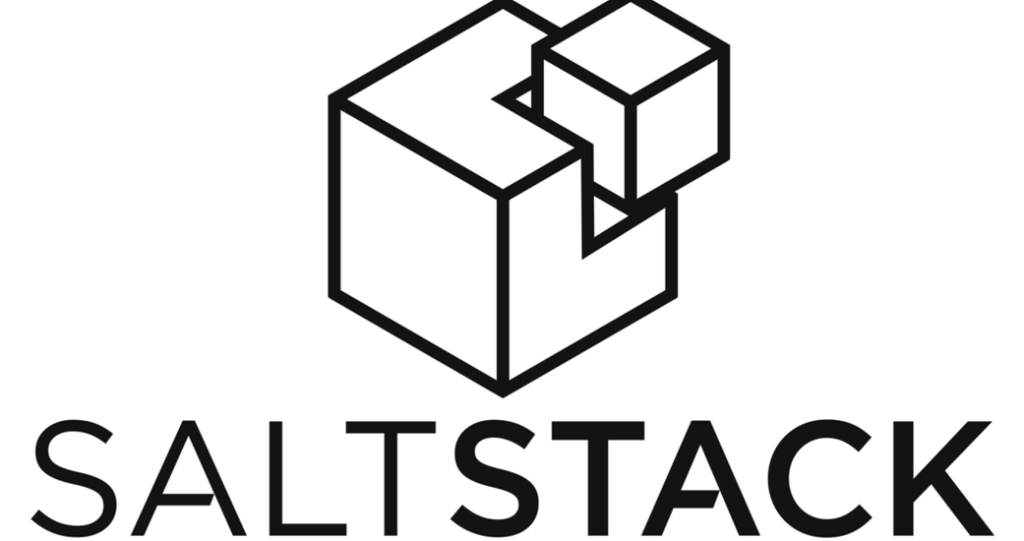
Saltstack shows real-time logs, error queries and more directly to the workstation.
Features
- Detailed follow-up of all kinds of web requests
- Eliminates messy configuration or code changes
- NET or Java provides instant feedback to check what web applications are doing
- Finds and corrects errors before production
- Integrated container management of all application resources and users in the integrated web management user interface with Docker Datacenter
- Flexible image management with a dedicated registry for storing and managing images
- Provides secure access and configures image caches
- Multi-tenancy with granular Role-Based Access Control.
- Complete security with automated TLS, integrated secrets management, security scanning and deployment policy
- Docker certified plugins provide tested, certified and supported solutions with containers
CFEngine
CFEngine is the ideal tool for configuration management. It helps teams automate large-scale complex infrastructures.
Features
- Fast solutions with less than one second execution time
- Provides an open source configuration solution with a unique security record
- Runs billions of compliance checks in large-scale production environments
- Allows the deployment of a model-based configuration change to 50,000 servers in a few minutes
Artifactory
Artifactory is an enterprise-ready repository manager. It provides an end-to-end, automated solution to track artifacts from development to production.
Features
- Supports software packages built using any technology or language
- Supports secure, clustered, high-availability Docker registries
Capistrano

Capistrano is another useful remote server automation tool for DevOps teams. This tool supports scripting and executing arbitrary tasks.
Features
- Allows you to deploy web applications on any number of machines
- Helps automate common tasks in software teams
- Switchable output formatters
- Allows coding of on-demand workflows over SSH
- Easy to add support for many source control management software
- Host and Role filters for partial deployments or cluster maintenance
- Offers database integration and Rails support
Supervisor
Supervisor enables teams to monitor and control processes on UNIX operating systems. It provides users with a single source to start, stop and monitor all processes.
Features
- Uses a simple INI-style configuration file that is easy to learn
- Uses simple event notification to monitor programs written in any language
- Tested and supported on Linux, Mac OS X, FreeBSD, Solaris, etc.
- It doesn’t need a compiler because it is written entirely in Python
Ansible
Ansible is a leading DevOps tool. It is a simple way to automate the entire application lifecycle. It makes it easy for DevOps teams to scale automation and accelerate efficiency
Features
- Helps avoid complexity in the software development process
- Allows teams to perform more strategic tasks
- An ideal tool for managing complex deployments and accelerating the development process
Code Climate

Code Climate is a DevOps tool that monitors the health of code from the command line to the cloud. It helps users easily solve problems and enables the team to produce better code.
Features
- Easily integrated into any workflow
- Helps identify fixes and improves the team’s ability to produce maintainable code
- Improving code quality is easy with Code climate
Icinga
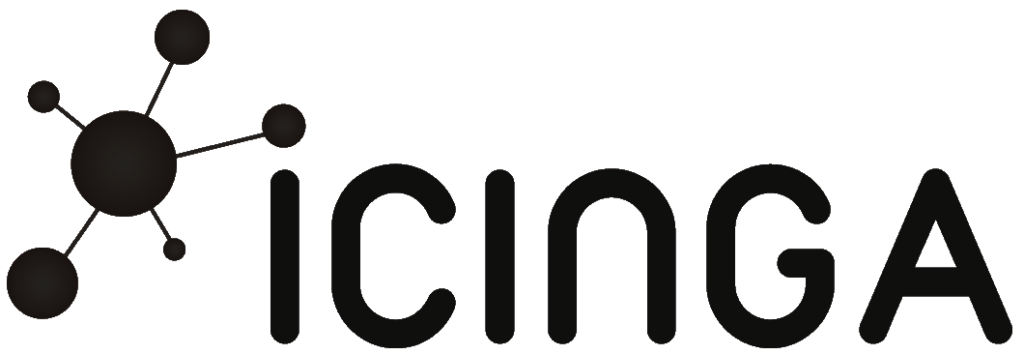
Icinga is a DevOps tool with two branches in parallel. Icinga and Icinga2 enable DevOps engineers to select the most appropriate processes for projects.
Features
- Monitors network services, host resources and server components
- Notifies via email, SMS or phone call
- Updating configurations is absolutely easy with Icinga 2’s RESTful API
- Applies rules to hosts and services to create a continuous monitoring environment
New Relic
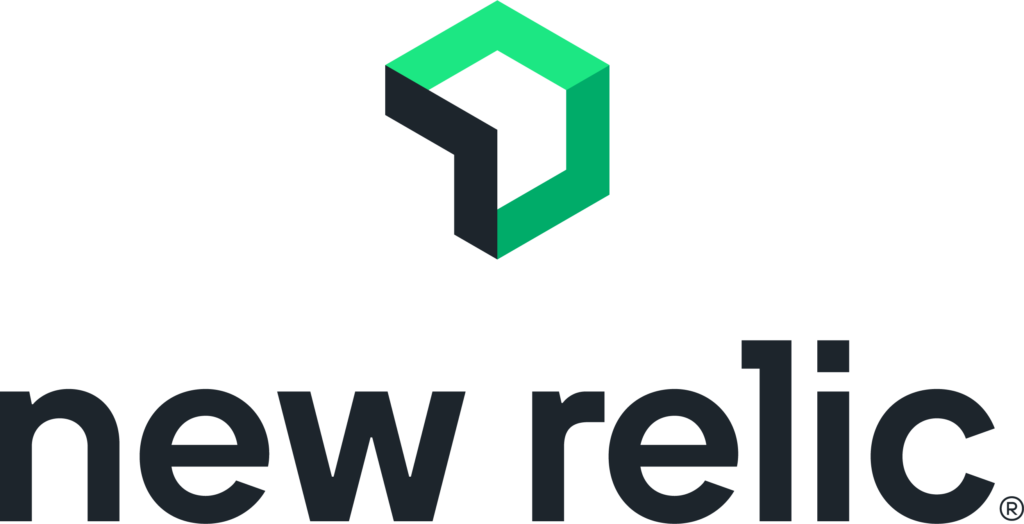
New Relic APM is a useful DevOps tool. Gain end-to-end visibility across customer experience and dynamic infrastructure. Allows the DevOps team to reduce the time to monitor applications.
Features
- Monitors the performance of external services
- Allows full stack warning
- Organizing, visualizing, evaluating with in-depth analytics
- Gives you a precise picture of dynamically changing systems
- Create customized queries on metric data and names
- Key transaction monitoring to manage and track key business transactions
Juju
Juju is an open source application modeling DevOps tool. It deploys, configures, scales and runs software in public and cloud environments. With Juju it is possible to automate cloud infrastructure and use application architectures
Features
- DevOps engineers can easily manage configuration, administration, maintenance, deployment and scalability
- Offers powerful GUI and command line interface
- Deploys services to a targeted cloud environment in seconds
- Maintains detailed logs to quickly resolve issues
ProductionMap
ProductionMap is a mapping platform for DevOps engineers. Its automation helps make development fast and easy.
Features
- Allows to plan the automation process
- Includes a Java Script editor supported by the object model
- Each execution is automatically documented
- Control the operation of the unit on the map
Scalyr

Scalyr is a DevOps platform for high-speed server monitoring and log management. The log collector module collects all application, web, process and system logs
Features
- Starts monitoring and collecting data without having to worry about infrastructure
- Centralized log management and server monitoring
- Allows monitoring of all new events in near real time
- Transforms complex log data into simple, clear and interactive reports
Rudder

Rudder is a DevOps solution for continuous configuration and control.
Features
- Offers various user options such as non-expert users, expert users and administrators
- Automates common system administration tasks such as installation and configuration
Puppet
Puppet is an enterprise DevOps tool. It allows the entire infrastructure to be managed as code without expanding the size of the team.
Features
- Eliminates manual work for the software delivery process
- Helps the developer to deliver excellent software quickly
- Model and manage the entire environment
- Smart editing and visual workflows
- Real-time content reporting
- Define and continuously implement infrastructure
- Analyzes and reports on packages running across the infrastructure
- Identification and improvement of the desired state.
Graylog

Graylog is a powerful log management and DevOps tool. It has many use cases for monitoring SSH logins and unusual activities.
Features
- Automatically archives data so that the user does not need to do this often
- Offers audit logging capabilities
- Records and stores the operations performed by a user or administrator making changes to the system
- Enables enterprise-level support by allowing support requests directly from engineers
UpGuard

UpGuard helps DevOps teams around the world gain visibility into their technology. It integrates seamlessly with popular automation platforms like Puppet, Chef and Ansible.
Features
- Helping businesses around the world gain visibility into their technology
- Increases the speed of software delivery
- Enables users to trust a third party with sensitive data
Gulp

Gulp javascript toolkit automates the hard task of the development process.
Features
- Easy to use
- Offers simple plugins to work according to your expectations
- Agent creates files faster by not writing them to disk